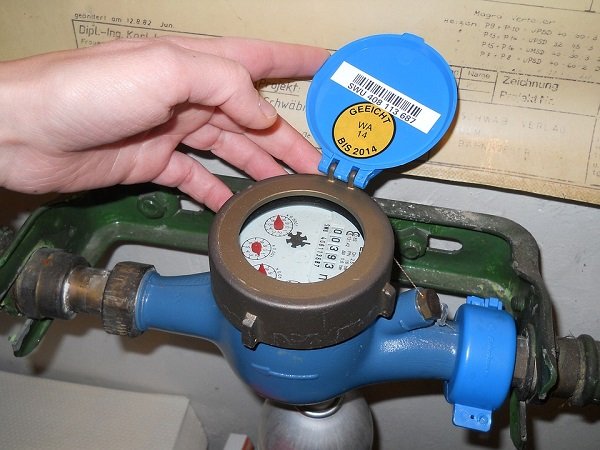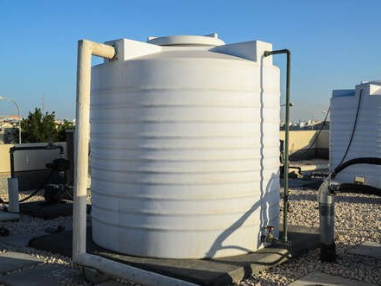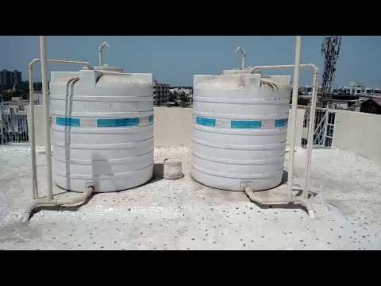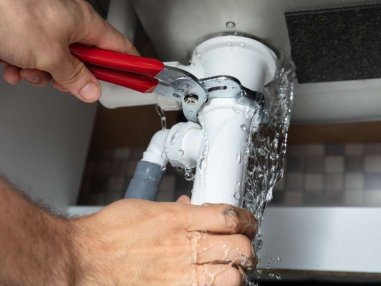

While water meter installation is a crucial part of your home's plumbing system, it's generally not recommended as a DIY project. Here's why:
Local Regulations and Permits: Most localities have regulations and permitting requirements for water meter installation. A licensed plumber will be familiar with
these regulations and ensure your installation complies with local codes.
Plumbing Expertise: Water meter installation involves connecting to the main water supply line. Improper installation can lead to leaks, damage to your property, or disruption of the water supply for you and your neighbors. A qualified plumber has the expertise and experience for safe and proper installation.
Shutoff Valves and Water Pressure Management: Installing a water meter requires shutting off the main water supply and managing water pressure changes. A plumber can handle these tasks safely and efficiently.
However, if you're still considering water meter installation, here's some crucial information to remember (Disclaimer: This is for informational purposes only, and consulting a professional plumber is strongly recommended):
Contact Local Water Authority: Before any work begins, contact your local water authority to understand their specific requirements, permits needed, and water meter
specifications.
Shutoff Valve Location: Identify the location of the shut-off valve for your main water supply. You'll need to shut this off before starting the installation
process.
Tools and Materials: Gather the necessary tools and materials, including the water meter itself (obtained from your water authority), shutoff valves, appropriate
connectors and pipes (based on your existing plumbing system), pipe wrench, Teflon tape, and safety gear (gloves, goggles).
Steps Involved (Professional Plumber Recommended):
Water Supply Shut-Off: The plumber will shut off the water supply using the main shut-off valve.
Meter Installation Location: The plumber will determine the most suitable location for the water meter, considering accessibility and code requirements.
Pipe Cutting and Installation: The plumber will carefully cut the main water line and install the meter with shutoff valves on either side, ensuring a secure and
leak-proof connection.
Water Line Activation: Following proper procedures, the plumber will reopen the shut-off valves, allowing water to flow through the meter and checking for leaks.
Meter Reading and Registration: The plumber might assist you with registering the new water meter with your water authority.
Safety Precautions (For Informational Purposes Only):
Working with a Helper: Always have a helper assist you, especially when handling the main water supply shut-off valve.
Water Pressure Management: Be cautious when reopening the shut-off valves, as there might be a surge in pressure. Open them slowly and check for leaks throughout the
connections.
Complexities or Uncertainties: If you encounter any difficulties or have uncertainties during the process, stop immediately and consult a licensed plumber to avoid causing further problems.
The Bottom Line:
While the information above provides a general idea of water meter installation, it's highly recommended to hire a licensed plumber for this task. They can ensure a safe, code-compliant installation that avoids complications and protects your property from water damage. They can also handle any permits or registration processes required by your local water authority.


